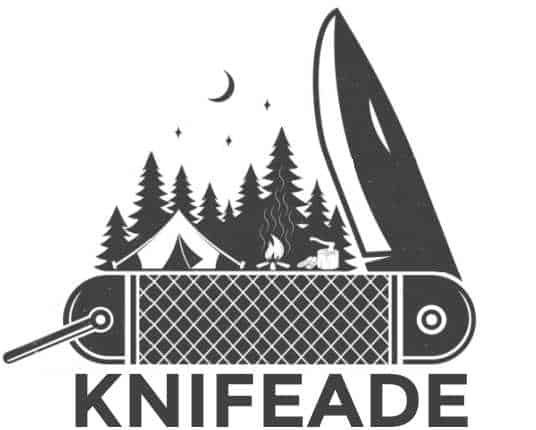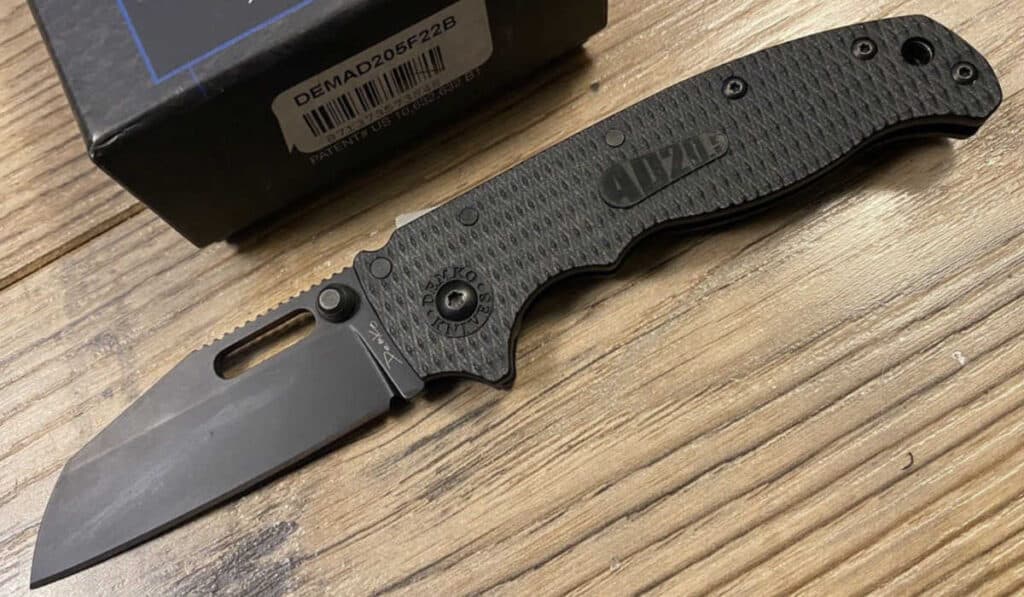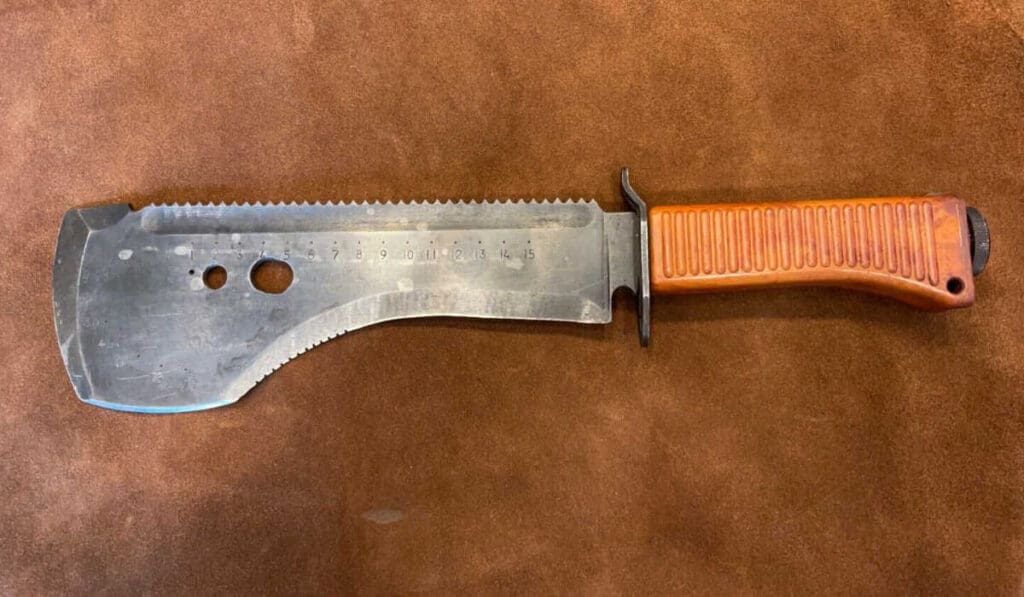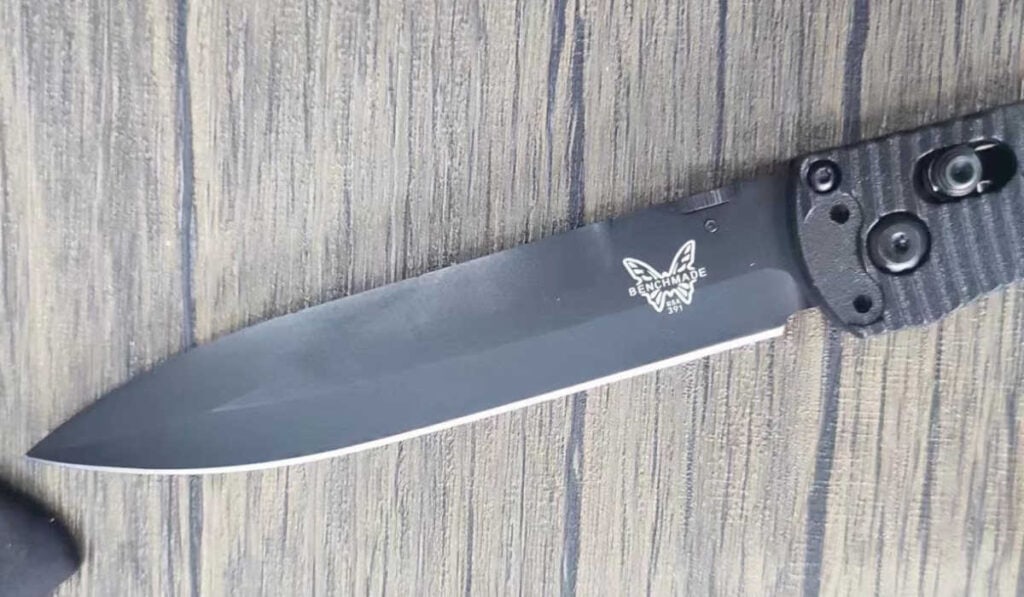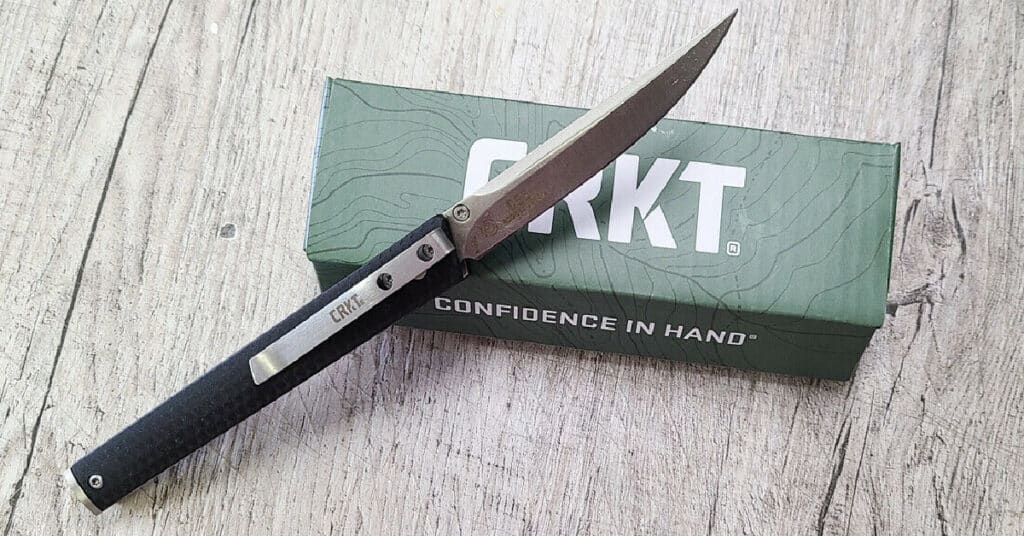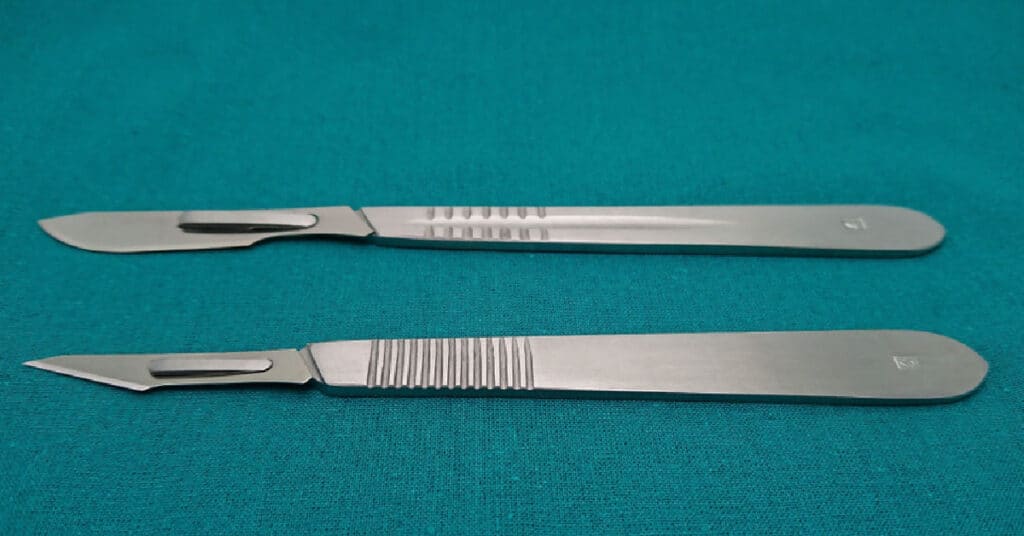Last updated on October 21st, 2023 at 08:50 pm
As an Amazon Associate I earn from qualifying purchases.
Navigating the laws and regulations surrounding pocket knives can be tricky, especially in Utah.
With an understanding of Utah knife law, you’ll be able to confidently carry your favorite blade without worry or fear of breaking any laws.
In this guide, we will cover all aspects of knife carrying within the state including overviews of age restrictions, prohibited locations for carrying a blade as well as penalties for violations.
We also discuss exceptions to Utah’s knife laws that allow certain individuals with special circumstances access to blades otherwise restricted from them by law. Lastly, we provide resources where you can find further information about these topics so that you may have a more complete knowledge when it comes time to purchase and use your next pocketknife.
Our Top Rated “50-State-Legal” Knives
*These knives are listed based on their broad legality across states, but always consult your local laws before making a purchase.
Overview of Utah Knife Laws
Knife laws in the state of Utah can be complex and confusing. It is important to understand these laws before carrying a knife, as violations may result in fines or even jail time.
Definition of a Knife
A knife can be generally described as any device with a blade that can be used for cutting or stabbing. This includes a range of tools like pocket knives, folding knives, daggers, switchblades, and swords. However, be aware that legal definitions may vary by jurisdiction, and some may have specific definitions that could affect the legality of certain types of knives.
Prohibited Knives
While the state of Utah does not specifically prohibit carrying any type of knives, including ballistic knives, throwing stars, or gravity knives, it’s essential to consider the manner of carrying (open vs concealed) and the intent of the person carrying the knife.
Utah has no statewide length limit on knives; however, it’s illegal to possess any type of knife on school grounds without written permission from an administrator.
Always check with local ordinances, as some cities might have specific laws regarding carrying certain types of knives.
While concealed carry of knives does not necessarily require a permit in Utah, familiarizing yourself with local regulations is advised.
Carrying Knives in Public
Open Carry
Open carry of knives is generally allowed in public places in Utah, barring local restrictions. Even if you legally possess a legal knife, such as a pocketknife, it’s important to understand that in Utah, a knife is generally considered concealed if it is hidden from view.
Concealed Carry
To legally conceal a knife in Utah, individuals must comply with local jurisdiction rules. For accurate information, it’s always recommended to contact local law enforcement or legal counsel.
Age Restrictions for Carrying Knives
While there may not be a specific statewide minimum age for carrying a knife in Utah, laws regarding providing a knife to a minor could apply. Also, individual cities or counties may set their own rules, so it’s important to verify local regulations.
Prohibited Locations for Carrying Knives
It is important to understand the laws regarding knives in Utah, as they vary from state to state. In this section, we will discuss prohibited locations for carrying knives.
Schools and Universities
Carrying any type of knife on school premises in Utah is against the law. This applies to pocket knives, switchblades, butterfly knives, and other types of blades. The assertion regarding the illegal possession of a knife within 1000 feet of a school or university campus may not be accurate according to Utah state law, and it’s advisable to check local ordinances for more precise information.
Government Buildings and Facilities
While restrictions may apply for carrying weapons in certain government buildings, these do not necessarily cover all types of knives or all government properties. In general, it is advisable to seek authorization before carrying a knife onto any federal or state property, such as courthouses, police stations, post offices, or airports.
Penalties for Violating Knife Laws in Utah
Penalties for violating knife laws in Utah can be severe, depending on the nature of the violation and the circumstances surrounding the case. It’s crucial to abide by all laws and regulations to avoid any legal repercussions.
Possession of Prohibited Knives
Possessing certain types of knives may have legal implications, but these are generally based on how the knife is carried and the intent of the person carrying it, rather than the type of knife itself.
Carrying Knives On School Property
Bringing any knife onto school property is strictly prohibited, except for school personnel or law enforcement officers. Violators may face substantial fines and potential jail time, contingent on their prior criminal record.
Exceptions to Utah Knife Laws
Military and Law Enforcement Exceptions
In Utah, members of the military or law enforcement may have exceptions allowing them to carry certain knives in public places that would otherwise be restricted for civilians. The specifics of these exceptions can vary and may be subject to conditions and restrictions.
Hunting and Fishing Exceptions
For individuals engaged in hunting or fishing in Utah, there may be exceptions to the state’s knife laws. Depending on local regulations, hunters and fishermen may be permitted to possess certain types of knives that would normally be restricted. It’s recommended to check with local government about specific restrictions.
Self-Defense Exceptions
While carrying a knife for self-defense purposes is not specifically mentioned in Utah’s knife laws, the legality of this action typically depends on the type of knife and the manner in which it is carried, rather than the person’s intent for carrying it. Always consult with legal counsel or relevant legal resources for accurate information.
FAQs in Relation to Utah Knife Law
Are switchblades illegal in Utah?
Switchblades are not illegal in Utah. There are no restrictions on owning, carrying, buying, or selling a switchblade in the state.
Are butterfly knives illegal in Utah?
Butterfly knives, also known as balisong knives, are legal in Utah. There are no specific laws in Utah that prohibit the ownership, sale, purchase, or carry of a butterfly knife.
Are OTF knives legal in Utah?
Out The Front (OTF) knives are legal in Utah. There are no state laws prohibiting the ownership or carry of OTF knives.
Are gravity knives legal in Utah?
Gravity knives are legal in Utah. The state does not have laws specifically forbidding their ownership, sale, purchase, or carry.
Are automatic knives legal in Utah?
Automatic knives are legal in Utah. Utah law does not prohibit the possession, sale, purchase, or carry of automatic knives.
How old do you have to be to buy a knife in Utah?
There’s no specified legal age to purchase a knife in Utah state law. However, it’s common for many retailers to restrict the sale of knives to individuals who are at least 18 years old.
Can felons own a knife in Utah?
The law in Utah does not specifically prohibit felons from owning knives. However, depending on the circumstances, a knife could potentially be considered a “dangerous weapon.” It is advisable for any person with a felony conviction to consult with a legal professional before acquiring a knife.
Utah State Knife Law References
Official Sources of Utah’s Knife Laws
Utah Knife Laws Sources
- Utah Criminal Code, Title 76, Part 5, specifically § 76-10-501 for definitions regarding dangerous weapons.
- Utah Code 76-10-505.5 regarding carrying knives in or near school premises.
- Utah Code Title 10, specifically 10-8-47.5, for regulation of knives by the state.
Significant Court Cases
| Case Name/Title | Summary |
|---|---|
| Salt Lake City v. Miles 2014 UT 47 | Established that a knife is not always considered a dangerous weapon under Utah law; courts need to analyze how it was used or intended to be used. |
| Utah Court of Appeals (case not specified) | Upheld a conviction, stating that not all four factors provided in the statute had to be present, particularly, a knife didn’t have to be used to be deemed a dangerous weapon. |
| Road Rage Incident (Case name not provided) | An individual was charged with two felonies after using a knife to scrape a 3-foot gash on another person’s car during a road rage incident. |
Conclusion
In conclusion, it is important to understand the laws regarding knives in Utah. While there are some exceptions and allowances for certain activities, it is important to be aware of all restrictions when carrying a knife in public.
Violations of these laws can result in serious penalties. If you have any questions or need further information on Utah Knife Laws, please refer to the resources provided above for more detailed information.
Knowing and understanding Utah knife law will help ensure that you remain compliant with state regulations while enjoying your pocket knife responsibly.
Do Sheepsfoot Blades Have A Purpose? (Cuz They’re Ugly…)
Spetsnaz Machetes – Blades Of The Russian Special Forces
What Is The Actual Purpose Of A Spear Point Knife Blade?
CRKT CEO Review – Coolest, Most Worthless Knife Ever?
How Sharp Is A Scalpel? (Is It Sharper Than A Razor?)
Can You Shave With A Knife? (Yes, Here’s How)
As an Amazon Associate I earn from qualifying purchases.
